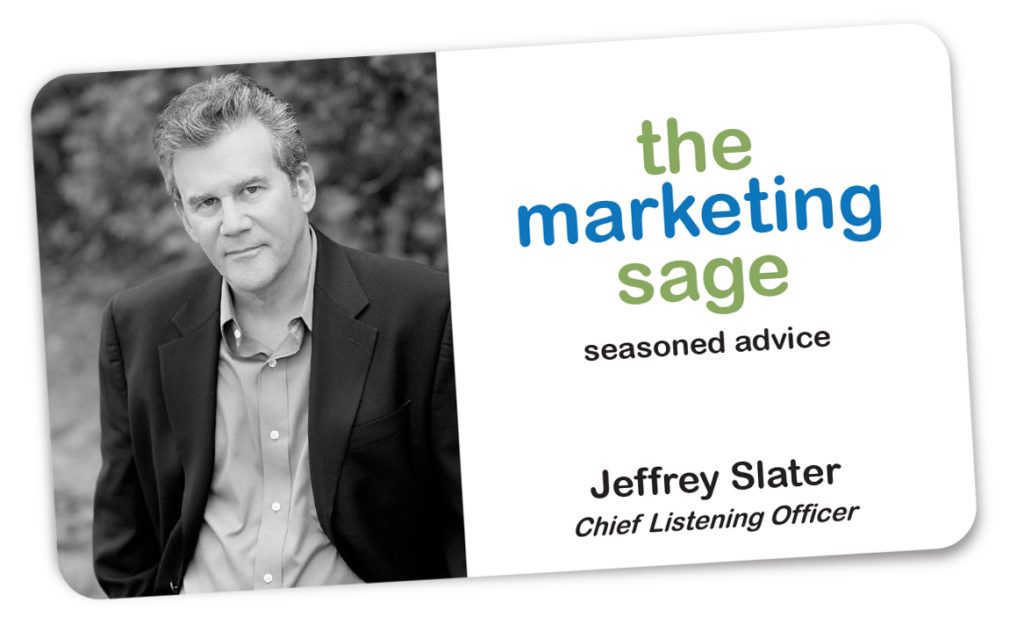Social media is a great way to connect with people. It’s also an easy way to share information, promote products or services, build brand awareness, and even sell things! But it can be dangerous if not used correctly. If you’re using social media in any capacity, some essential security tips will help keep your business safe from hackers and other malicious users. This article covers the basics of how to protect yourself on social media.
What Is Social Media Security?
Social media security refers to protecting your data online. The most common threats include hacking, spamming, phishing scams, identity theft, malware infection, and more. These attacks often target individuals who use their computers at home or work. However, they may also affect businesses. Many companies have been hacked because employees were careless when sharing sensitive company information via social networks like Facebook and Twitter.
How Can You Protect Yourself Online?
There are several ways to prevent these kinds of cyberattacks.
1. Consider a strong password
A good password policy helps ensure that no one else has access to your account. It would help if you never reuse passwords across multiple accounts. Instead, create unique passwords for each site where you store private information. Make sure that all of your passwords contain numbers, letters, symbols, and special characters. Also, make sure that they don’t match anything already stored in your computer. Finally, change them regularly so that someone doesn’t get hold of your old ones.
2. Change password often
If you do happen to forget your login credentials, changing your password frequently makes it harder for anyone trying to hack into your account. For example, instead of just resetting your password once every few months, try doing this weekly or daily. That way, if someone does manage to break through your defenses, they’ll find themselves locked out of your account before they’ve had time to steal too much information.
3. Invest in the right security products
You might think installing antivirus software would be enough protection against viruses and spyware, but unfortunately, those programs aren’t always up to date. To stay protected, consider investing in the right anti-malware tools, which provide real-time threat detection and prevention. If you don’t know some of these tools, you can ask friends and professionals.
4. Use two-factor authentication
Two-factor authentication requires additional verification steps beyond just entering your username and password. For example, you might need to enter a code sent by text message or email into another website before logging in. Two-factor authentication adds extra protection against unauthorized logins. Many websites offer this option now, including Google, Yahoo!, Amazon, PayPal, Apple iTunes Store, Microsoft Live Messenger, LinkedIn, AOL Instant Messenger, etc.
5. Keep software updated
Software updates provide new features and fixes for existing problems. They usually come out every few months. Updates fix bugs, add new functionality, improve performance, and remove viruses. Keeping up with software updates ensures that your system remains secure. Some popular programs, such as Adobe Photoshop CS6, require regular updates. Other programs only update automatically after installation. Check the program’s documentation to see what type of updating occurs.
6. Don’t click links in emails
Email messages aren’t always trustworthy. Hackers sometimes send fake messages that appear legitimate but lead to malicious sites. To avoid falling victim to an account takeover attack, check the sender address carefully. It should look something like “from@yourdomainname.com.” Never open attachments unless you trust the person sending them. Even then, read the file first. A virus could hide inside an extension.
7. Be careful on public Wi-Fi hotspots
Public wireless Internet connections can be risky places to visit if you’re not using encryption technology. Public hotspot providers typically allow anyone to connect without verifying identities. This means hackers can easily intercept personal information transmitted over unencrypted channels. If possible, try connecting from locations that use encrypted networks instead. Encryption scrambles data packets so that they cannot be intercepted while traveling through the network. Most major web browsers support some form of encryption today.
Conclusion
Social media security is important because people are sharing more than ever online. The internet provides many benefits but also exposes users to risks. By following these tips, you’ll keep yourself safe when browsing social networking sites.
This is a guest post by Mike Khorev. He is passionate about all emerging technologies in the IT space and loves to write about all of them. He is a lifetime marketing and internet expert with over 10 years of experience in web technologies, SEO, online marketing, and cybersecurity. Check him out at these places:
- Facebook URL: https://www.facebook.com/datadome/
- Blog URL: https://datadome.co/
- Linkedin URL: https://www.linkedin.com/company/datadome
You can set up a time to chat with me about your marketing challenges using my calendar. Email me jeffslater@themarketingsage.com Call me. 919 720 0995. The conversation is free, and we can explore if working together makes sense. Watch a short video about working with me.
Photo by John Salvino on Unsplash






